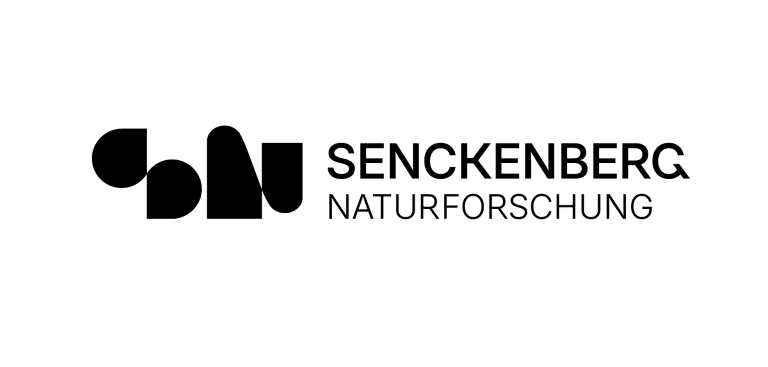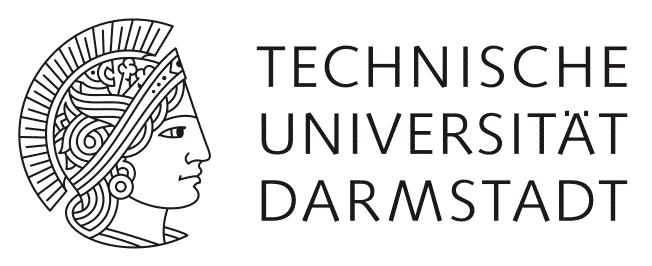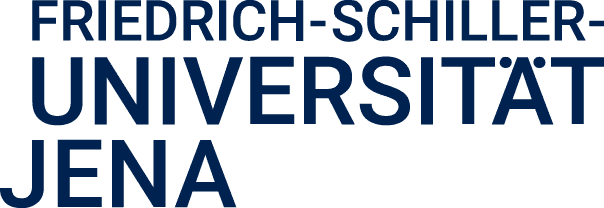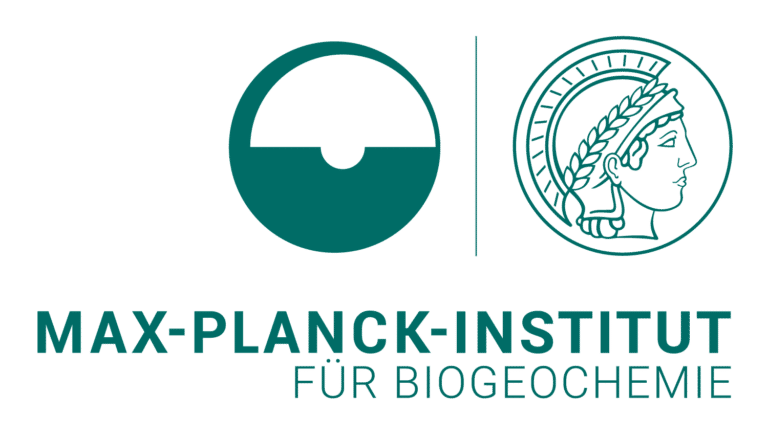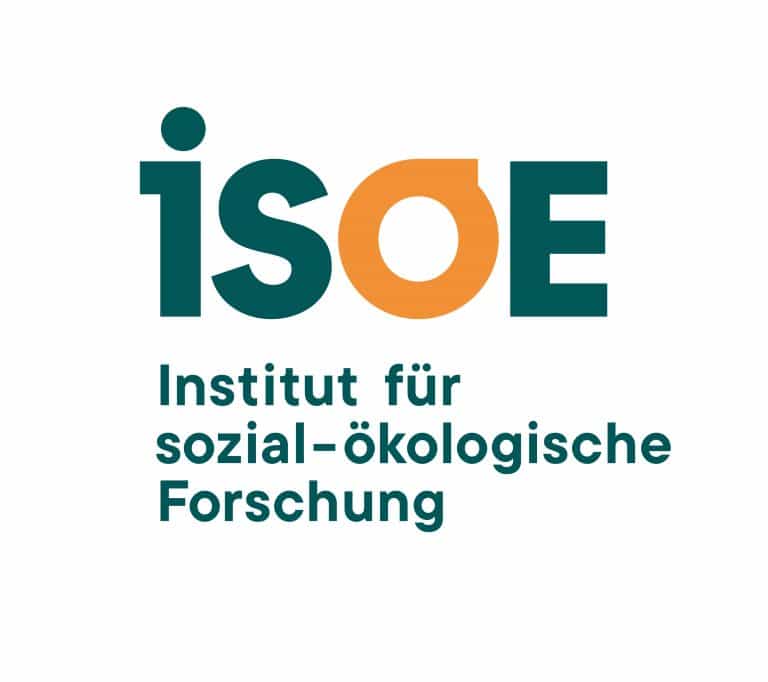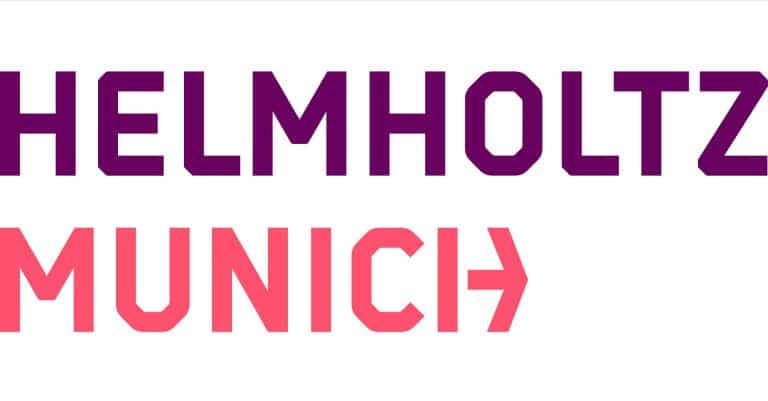Socio-cultural Dynamics of German Cultural Landscapes (SoCuLa) – A Future-oriented Perspective
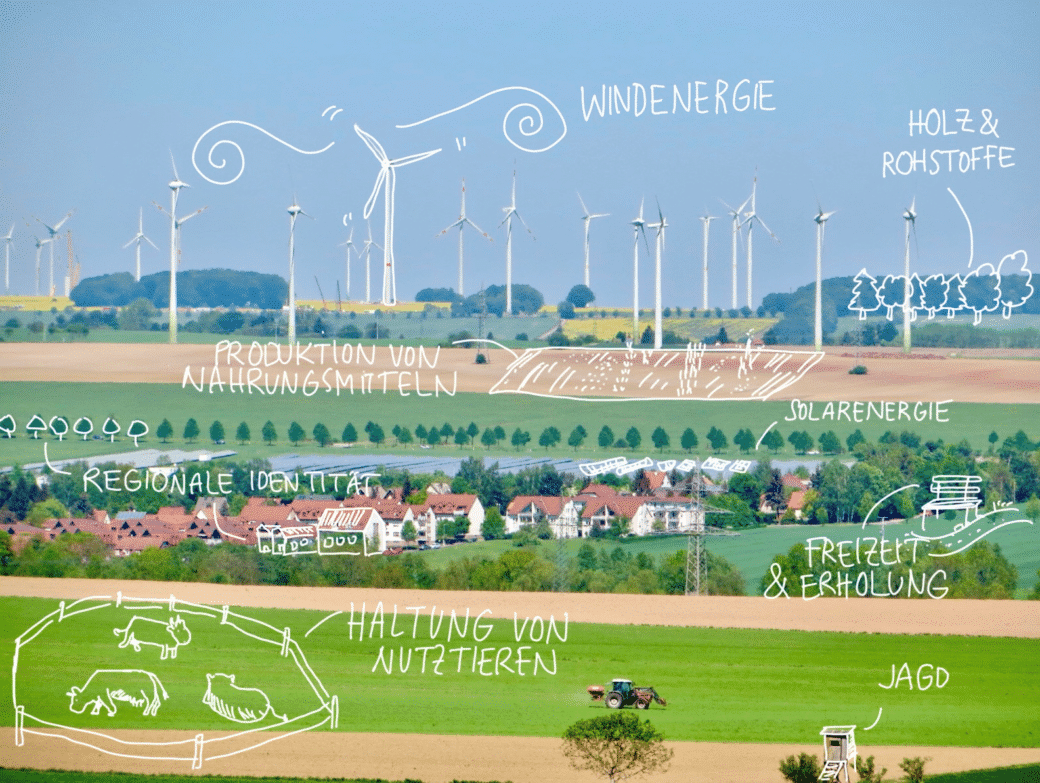
Global biodiversity loss continues unabated. Unsustainable land use is a direct driver of this development, as The Intergovernmental Science-Policy Platform on Biodiversity and Ecosystem Services (IPBES) has shown with the help of a comprehensive meta-analysis. However, the existing global targets for biodiversity conservation are hardly implemented by the member countries, if at all. A prominent example is the failure to meet the UN Aichi Targets adopted at the 10th Conference of the Parties to the Convention on Biological Diversity in 2010. In order to find causes and solutions for the lack of implementation, insights into societal developments is central. The behavior of society must be given greater consideration. Developments such as demographic change, digitalization or changes in values and norms also influence the use of biodiversity and ecosystem services. These changes influence land use at different levels. The project therefore focuses on identifying and analyzing these drivers and looks for approaches on how cultural landscapes can be sustainably shaped in the future.
The aim is to understand the influence of socio-cultural drivers on cultural landscapes and their biodiversity. We are pursuing three specific goals:
- Development of indicators for cultural ecosystem services from a stakeholder´s perspective. In doing so, we will contribute to the advancement of ecosystem services multifunctionality.
- Identification of main indirect social drivers of change in the Exploratories.
- Participatory develop future social scenarios that can be integrated into the natural scientific modelling of land use and climate change.
Moreover, we will support the Biodiversity Exploratories to act as a competent partner for regional actors to analyze and enable transformation via e.g. the development of action plans for the regions.
The project follows a social-ecological research approach. The SoCuLa project’s canon of methods includes workshops in the project regions as well as expert interviews and a literature review. These social science data are combined in an interdisciplinary way together with natural scientists in order to develop a joint picture of nature and society.
| Prof. Dr. Thomas Müller | Senckenberg Biodiversity and Climate Research Centre (SBiK-F) | thomas.mueller[at]senckenberg.de |
| Prof. Dr. Pete Manning | University of Bergen | peter.manning[at]uib.no |
| Dr. Andrea Larissa Boesing | Senckenberg Biodiversity and Climate Research Centre (SBiK-F) | alboesing[at]senckenberg.de |
| Dr. Margot Neyret | Senckenberg Biodiversity and Climate Research Centre (SBiK-F) |
